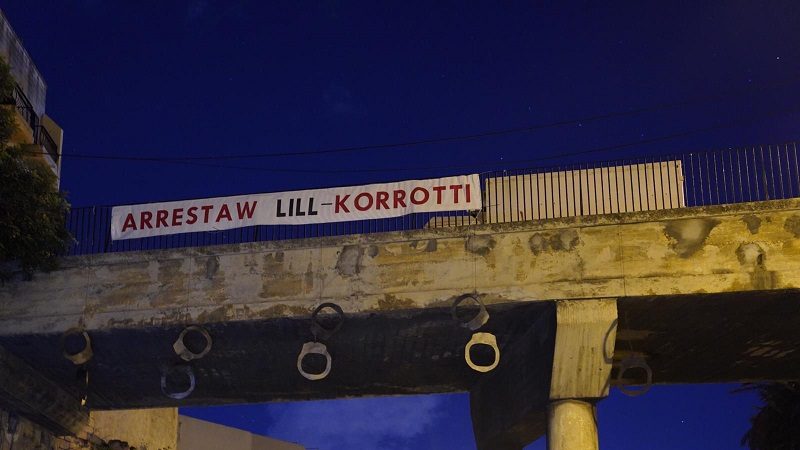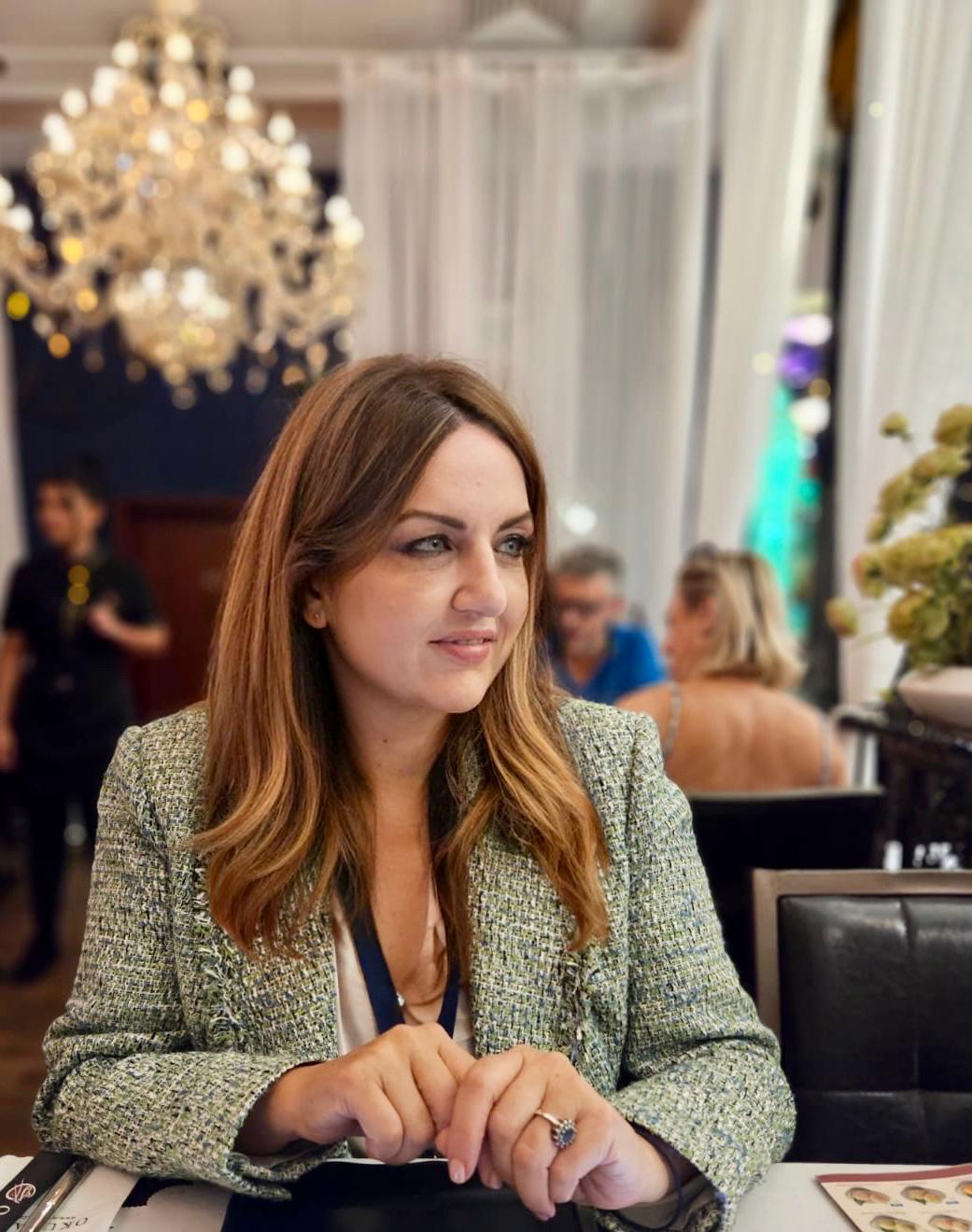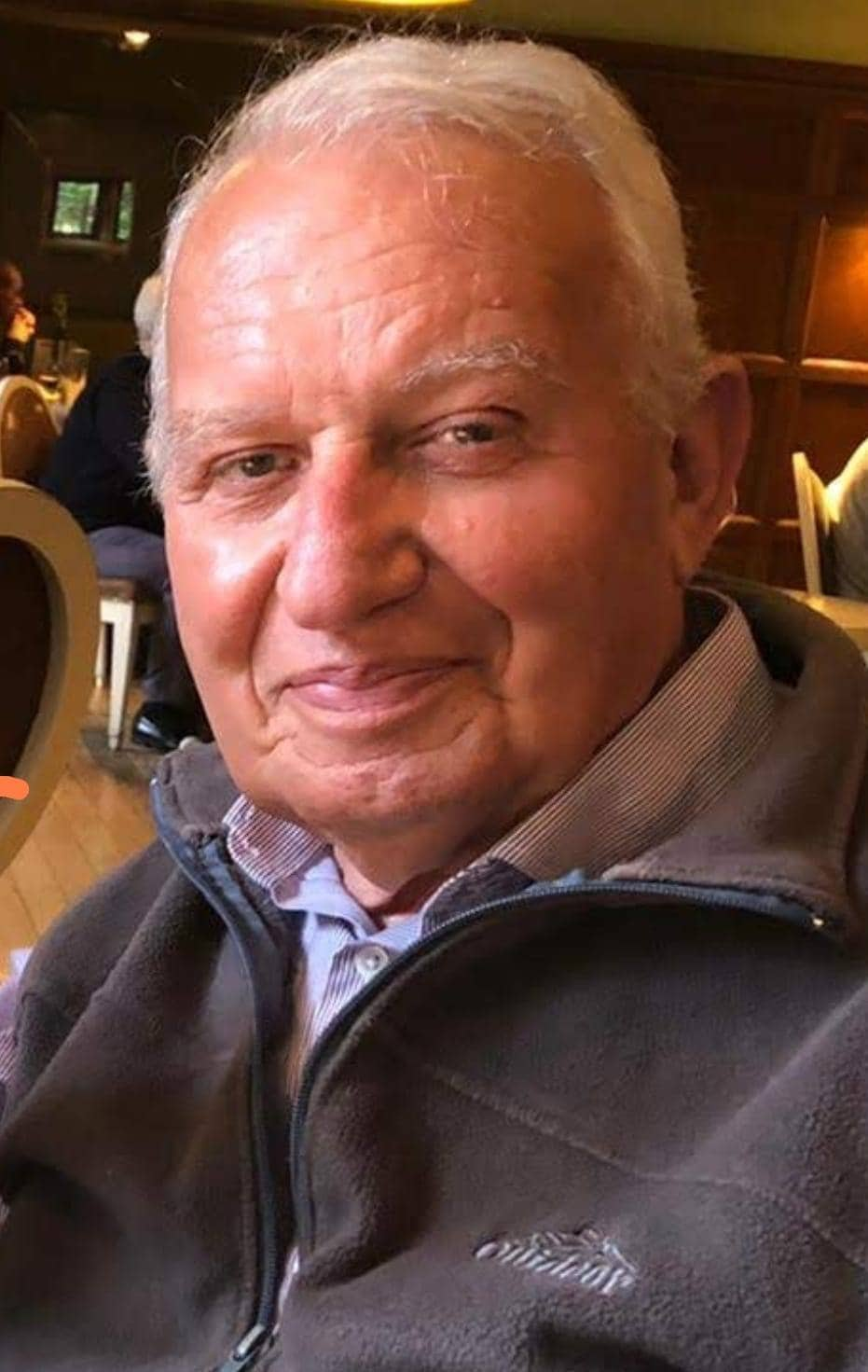The recruitment standards in selecting candidates for the new EU Public Prosecutor’s Office (EPPO) may be lowered by the European Commission in order to accommodate more suitable candidates from Malta, Brussels news media EU Observer reported on Monday.
Speaking to media in Brussels on Thursday, the European Commissioner for Justice Didier Reynders described the situation as “extraordinary”, the report said.
Malta remains the only country not to have submitted sufficient candidates, having only found two the government said meet the required conditions, according to the report. This failure risks delaying the launch of the office in November.
One of the two candidates put forward was young lawyer Charles Mercieca, who recently hit the headlines for his move from State prosecutor within the Attorney General’s Office to a criminal lawyer in the defence team of Daphne Caruana Galizia murder suspect Yorgen Fenech. The move was criticised by former judge at the European Court of Human Rights Giovanni Bonello as “treachery”.
The EU has reportedly dismissed Mercieca’s application for the EPPO post.
“We do not yet have the 27 European prosecutors in place. This is due to difficulties in finalising the Maltese list of candidates… as a result, we are now considering an amendment to the operating rules to the selection panel to lower the requirement to recruit from two eligible candidates,” the Justice Commissioner said, noting Malta’s inability to find those who meet the minimum conditions.
The office will work on criminal investigations into corruption, VAT fraud and theft from the EU budget and will be working with one European prosecutor from each of the 22 participating States, with each State required to nominate a minimum of three candidates for the post.
Malta had initially refused to join the EPPO but had later reversed its decision.
The conditions state the independence of each candidate must be “beyond doubt”. This may be the crux of the issue – with a source telling the EU Observer that the Maltese government is “only seeking loyalists”.
A government spokesperson said the lack of nominations was because there weren’t enough candidates interested. Yet, initial nominations for the post have cast doubt on the government’s efforts, according to the report.
The Maltese government also proposed Yvonne Farrugia, a police inspector within the Economic Crimes Unit as the second candidate, according to the report. The unit has come under constant criticism for failing to act on evidence on money laundering and corruption in the country.
Farrugia’s candidature is “also likely to raise fresh questions”, given that the unit has been “described as probably the most corrupt part of the Maltese police force”.
The issues in the unit were also highlighted by Foreign Affairs Minister Evarist Bartolo in March during an interview with Deutsche Welle. Bartolo had said that the unit was one of the “biggest problems” when it came to fighting corruption.
Muscat was also awarded the “Person of the Year in Organized Crime and Corruption” by the OCCRP, who had said that under Muscat’s leadership, criminality and corruption had flourished, and in many cases gone unpunished, creating an environment that led to the 2017 murder of investigative journalist Daphne Caruana Galizia, investigators and government critics say.














